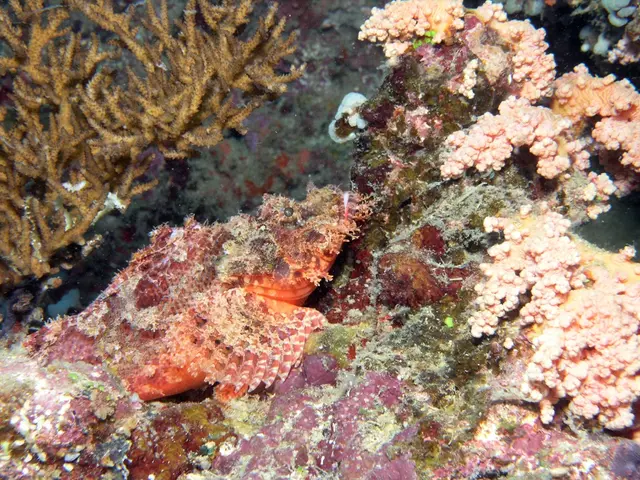Cultivators in California secured a patent for the production of cocoa butter via plant cell culture, marking a pioneering advancement in the industry.
In a groundbreaking development for the chocolate industry, California-based startup California Cultured has filed a patent for the production of cocoa butter in plant cell culture, marking the first of its kind in the industry. This innovative approach could potentially revolutionise the way cocoa butter is produced.
Somatic embryos, derived from re-programmed somatic cells of cacao plant tissue, naturally produce high levels of fat and the critical triglycerides POP, POS, and SOS that define cocoa butter. These triglycerides are responsible for the unique characteristics of cocoa butter: it solidifies at room temperature but melts quickly in your mouth, a hallmark of real chocolate.
California Cultured is aiming to commercialize this 2.0 technology for cocoa butter production by 2027-2028. The company is already in the process of sharing samples with customer partners for feedback and potential collaboration, indicating they are past the early stages of R&D.
The patent filed by California Cultured extends not only to cocoa butter production but also to methods of processing chocolate that rely on somatic embryos, creating a strong protection around the use of cacao somatic embryos for making chocolate products.
Meanwhile, the company's 1.0 technology involves the use of callus cells for flavonols or conventional cocoa powder production. California Cultured also plans to use the same cell line for multiple applications, including the production of chocolate liquor in addition to cocoa butter.
Interestingly, other companies have been exploring alternatives for cocoa powder, but replacing cocoa butter has proven more challenging. Companies have tried to replace cocoa butter with hydrolysed palm fats and shea butter, but these alternatives don't have the same melting profile as cocoa butter and can have a greasy feel.
According to Stearns, the somatic embryo technology is considered the 2.0 technology, with plans to move forward with it hopefully by 2027-2028. The company aims to increase the yield to at least 30% cocoa butter for the unit economics of cocoa butter production via plant cell culture to stand up.
It's worth noting that there is a standard of identity for chocolate in many countries that requires cocoa butter. The patent refers to cells that produce at least 10% lipids, but California Cultured is striving to push beyond this threshold.
The company Amyris has conducted secret research in recent years focusing on the production of cocoa butter using somatic embryos in plant cell culture. California Cultured is also building a pilot plant in Sacramento to produce cocoa flavanols and powder using callus cells.
One advantage of somatic embryo cells over callus cells is that they have a higher baseline of aromatic qualities. This could potentially lead to a more authentic chocolate flavour in the final product.
In conclusion, California Cultured's innovative approach to cocoa butter production using somatic embryos could revolutionise the chocolate industry, offering a sustainable, high-quality, and potentially cost-effective alternative to traditional methods.
Read also:
- Latest Edition of Bus-News Magazine Arrives for 2023!
- Testing the Camp Mode of the 2025 Tesla Model Y with Juniper's interior housing two kids, shockingly low CO2 levels were discovered.
- Demonstrating Carbon Storage in Agricultural Forestry through Digital Monitoring and Verification
- EV and Charging Technologies will see broader horizons at SINBON's Battery Show in 2025, as the event aims to push boundaries.








